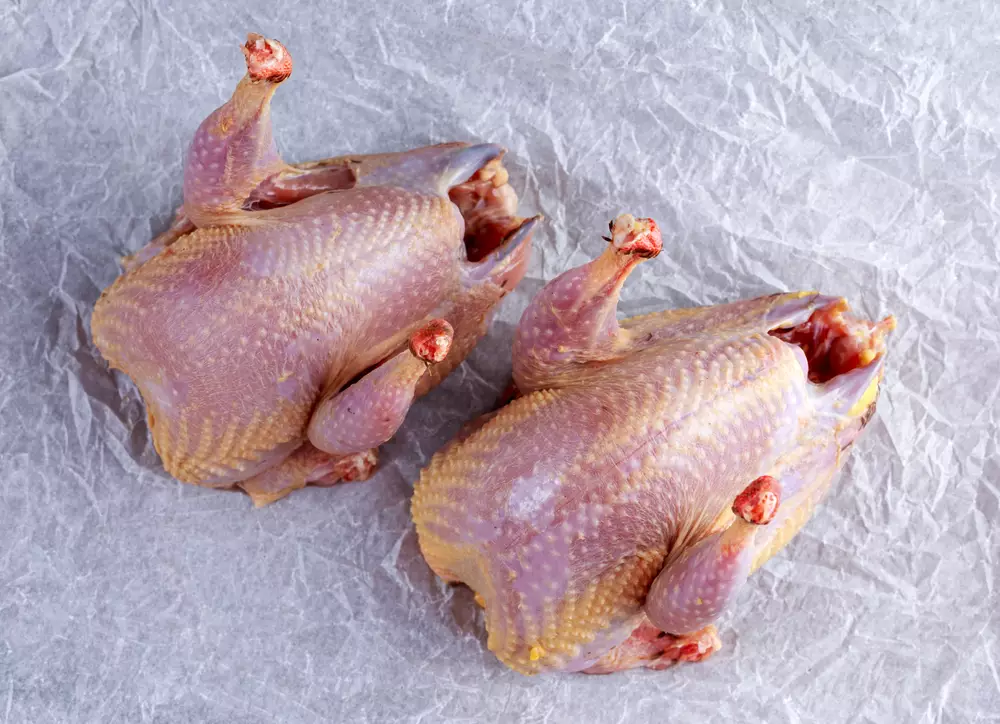You may have stumbled across pigeon meat on a gourmet restaurant menu or at an exotic butcher and wondered, why is it so expensive? Pigeon meat, also known as squab, is a prized delicacy in various cultures, commanding high prices worldwide. Its rich, tender, and flavorful profile makes it a sought-after ingredient in haute cuisine.
Its exorbitant price tag is a product of various factors. The combination of high production costs, demanding rearing and breeding practices, and a premium market for exotic and rare meats make pigeon meat a high-priced item. Its unique taste and nutritional profile further solidify its position in the premium market.
This article unravels the mystery behind the cost of pigeon meat. From historical context to economics, taste and nutrition, rearing and breeding practices, to ethical and environmental considerations, each aspect is explored in detail to shed light on why pigeon meat is so expensive.
Historical Context
Culinary Traditions Involving Pigeon Meat
Pigeon meat has been a part of culinary traditions across different cultures for centuries. In ancient Egypt, it was considered a staple food, while in Rome, it was a delicacy. Today, it remains a key ingredient in French, Italian, and Chinese cuisines, and is also gaining popularity in other parts of the world.
Pigeon Meat: A Delicacy Across Cultures
The universal appeal of pigeon meat stems from its distinct flavor and texture, unlike any other poultry. Its dark, rich, and slightly gamey flavor combined with its tender, juicy texture sets it apart from chicken, turkey, or duck. This makes it a favorite among gourmet chefs and food connoisseurs globally, contributing to its status as a delicacy.
Economics of Pigeon Meat
High Production Cost
Rearing pigeons for meat is a costly endeavor. Pigeons require specific breeding conditions, which can be expensive to maintain. They also produce less meat than other poultry, which means more birds are needed for the same amount of meat. Furthermore, the process is labor-intensive, adding to the production costs.
Pigeon Meat Demand and Supply
With growing consumer interest in exotic and high-quality meats, pigeon meat has found a niche in the premium market. Restaurants and gourmet food stores are willing to pay top dollar for this product, driving up its price. Limited supply due to the challenges in production further exacerbates the high cost.

Unique Taste and Nutritional Profile
Flavor Profile of Pigeon Meat
The unique taste of pigeon meat is a significant factor in its high price. Its flavor is more intense and richer than that of other poultry, making it a standout ingredient in culinary creations. Its unique flavor profile also justifies its high price, with connoisseurs willing to pay premium prices for this gastronomic experience.
Nutritional Benefits
Pigeon meat is not only flavorful but also packed with nutrients. It is an excellent source of protein, vitamins, and minerals, including iron, making it a nutritious addition to any diet. The health benefits associated with consuming pigeon meat contribute to its high cost, justifying the investment in this delicacy.
Rearing and Breeding: A Labor-Intensive Process
Time and Resources
Pigeon farming is a time-consuming and resource-intensive process. Pigeons require specialized care and facilities for rearing and breeding, which adds to the production cost. These factors make pigeon meat a costly commodity, driving up the price.
Health and Safety Regulations Impacting Cost
Pigeon farms must also comply with stringent health and safety regulations to ensure the quality and safety of the meat. Meeting these regulations often requires additional resources and increases the production cost, ultimately reflecting in the retail price of the meat.
Environmental Impact and Ethical Considerations
Impact of Pigeon Meat Production on Environment
While smaller in scale than other poultry farming, pigeon meat production still has environmental impacts. Factors such as feed production, waste management, and energy consumption all play a role. However, compared to other livestock, pigeons have a smaller environmental footprint, making it a sustainable choice for consumers concerned about their environmental impact.
Ethical Aspects
As with any animal farming, ethical considerations come into play in pigeon meat production. Ensuring animal welfare standards and humane slaughtering practices are met can increase production costs. Consumers who prioritize ethical meat consumption often opt for pigeon meat, despite its higher price.
Frequently Asked Questions
Is Pigeon Meat Healthy to Eat?
Yes, pigeon meat is healthy to eat. It is high in protein and contains essential vitamins and minerals, including iron.
Why Does Pigeon Meat Taste Different?
Pigeon meat has a unique flavor profile. It is richer and more intense than other poultry, with a slightly gamey flavor and a tender, juicy texture.
Is Pigeon Meat Safe to Eat?
Yes, pigeon meat is safe to eat when properly cooked. Pigeon farms are subject to strict health and safety regulations to ensure the quality and safety of the meat.
Conclusion
The cost of pigeon meat is a product of its unique characteristics and the complexities involved in its production. From its historic status as a delicacy, through its distinctive flavor and nutritional profile, to the labor-intensive rearing and breeding practices, each factor plays a part in shaping its price.
The environmental and ethical considerations also come into play. Despite the higher cost, pigeon meat is a sustainable choice for environmentally conscious consumers. Likewise, it appeals to those who prioritize ethical meat consumption.
Ultimately, the high price of pigeon meat is reflective of its rarity, the effort that goes into producing it, and the unique culinary experience it offers. As consumers, we must weigh these factors against the cost to decide whether the investment in pigeon meat is worthwhile.